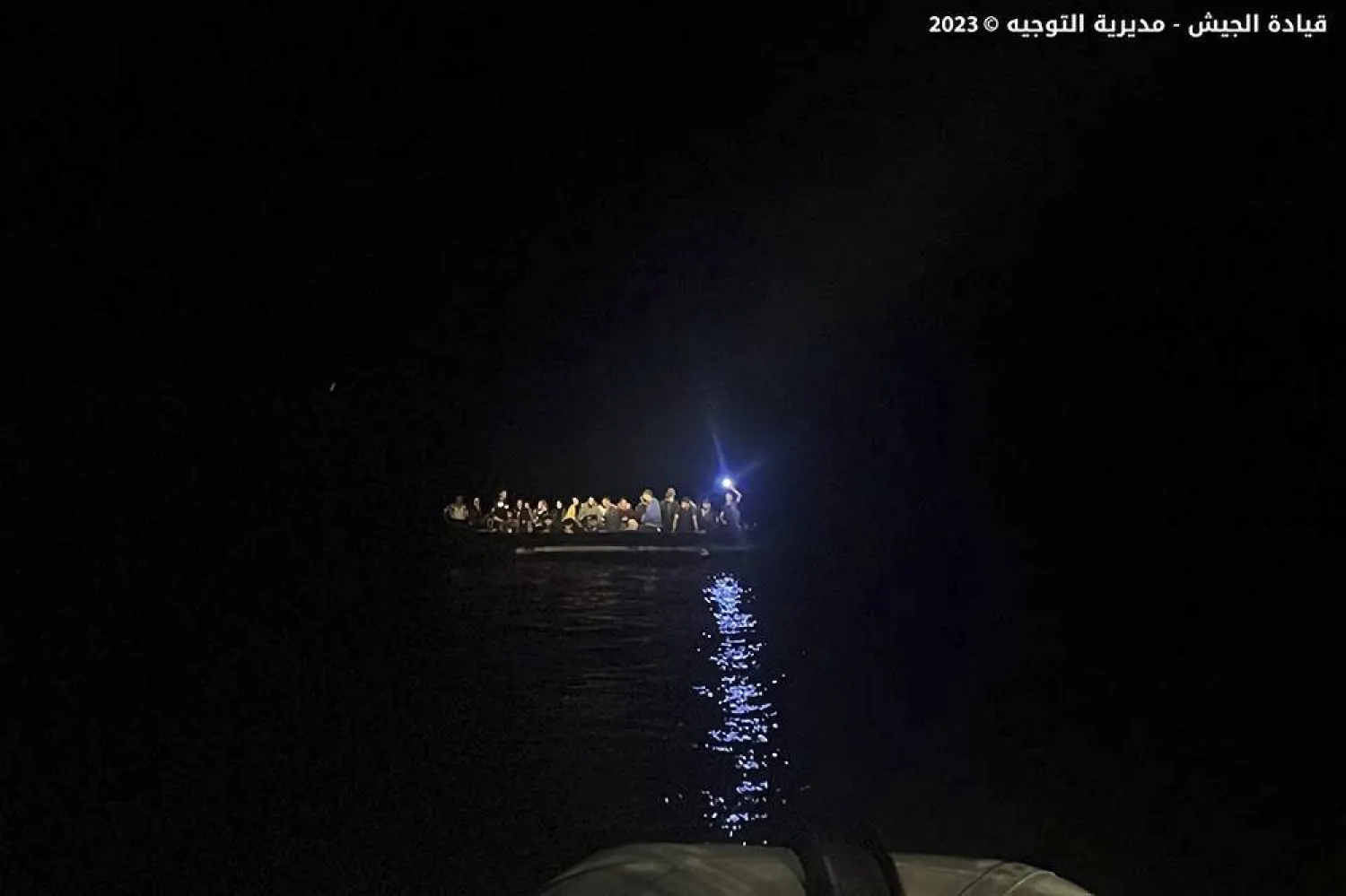The Lebanese army and the country’s civil defense recused early Saturday 27 migrants whose boat was sinking off the coast of north Lebanon, the military said in a statement.
The army did not say where the migrants were heading, nor did it give their nationalities.
Over the past years, thousands of Lebanese, Syrians and Palestinian migrants took the dangerous trip from Lebanon across the Mediterranean seeking a better life in Europe. Such migrations intensified since the country’s historic economic meltdown began in October 2019.
Lebanon has hosted refugees for years. It has some 805,000 UN-registered Syrian refugees, but officials estimate the actual number to be between 1.5 million and 2 million. Lebanon is also home to tens of thousands of Palestinian refugees and their descendants, many living in 12 refugee camps scattered around the country.
Over the past months, thousands of Syrian citizens fleeing worsening economic conditions in their war-torn country made it to Lebanon through illegal crossing points seeking better opportunities. Lebanese officials have warned that the flow of Syrian refugees could create “harsh imbalances” negatively affecting the country's delicate demographic structure.
Last month, Lebanese troops detained dozens of Lebanese and Syrian traffickers in the country’s north while they were preparing to send migrants on boats to Europe across the Mediterranean Sea.
A boat carrying migrants from Lebanon capsized off Syria’s coast in September last year, leaving at least 94 people dead, one of the deadliest incidents involving migrants, and was followed by a wave of detentions of suspected smugglers.
In neighboring Syria, a navy patrol stopped a boat Saturday carrying migrants off the coast of Latakia, according to the pro-government Sham FM radio station. It gave no further details, but such incidents are rare in Syria, where a 12-year conflict has killed half a million people and left large parts of the country in ruins.









